Waste to Virgin Plastics 08-10-2021 - Arhive
Waste to Virgin Plastics
Crude Oil Prices Trend
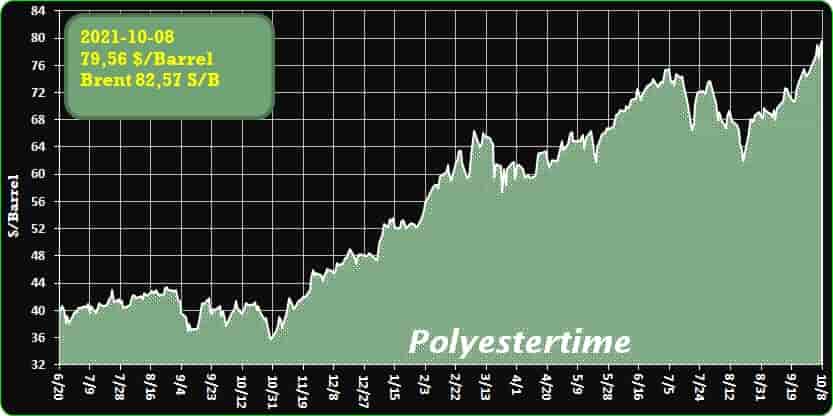
-Woodly produces clear plastic packaging made from wood
“We make achieving sustainability goals possible for large companies”
Woodly redesigned plastic. The company began its conquest of the world under the leadership of CEO Jaakko Kaminen, starting with packaging materials.
“The environmental problems caused by plastic became common knowledge approximately five years ago, when the huge platforms of plastic waste floating in the oceans were shown in the media. Brands promised to replace their plastic packaging with more ecological packaging. However, they never defined the material that this packaging would be made of.
We began to solve the problem together with our partners, such as VTT Technical Research Centre of Finland. We found out that plastic is often a superior material in packaging. We therefore decided not to start replacing plastic, but to redesign it.
All the way, we were told that we would not succeed – ‘plastic cannot be made of wood, at least not in Finland, and there is no way it can be clear’. Now shops sell products in packaging made of Woodly – the clear plastic based on wood cellulose that should not have been possible to manufacture.
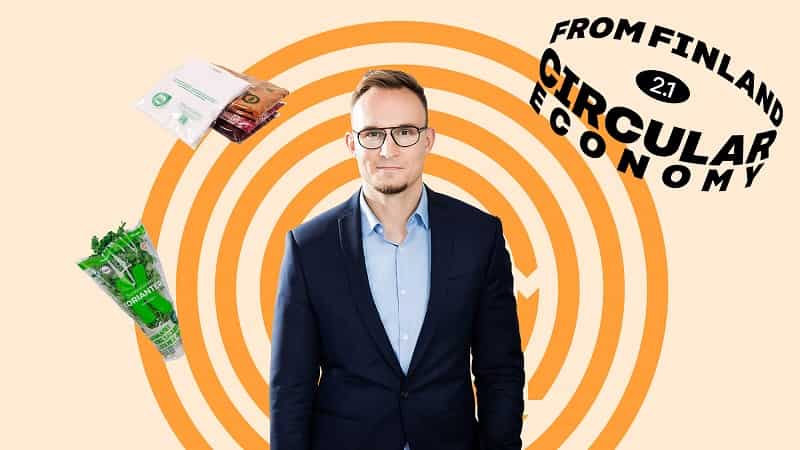
-Nexus reports 177 percent growth in circular waste-to-virgin plastics business
Nexus has reached 177 percent year-over-year production growth, with 47 percent of its total production occurring in recent months. The first in the world to receive the International Sustainability and Carbon-Plus Certification (ISCC Plus) producing at this scale, Nexus’ process uses a proprietary technology to convert a broad range of plastic waste into liquids which can then be converted into virgin plastics.
Everything Nexus makes is converted into new plastics, and the process is 100 percent circular, meaning the waste-to-virgin advanced recycling process can be repeated infinitely. Waste to Virgin Plastics
Further, each tanker load is tested before sending and Nexus says it has had 100 percent acceptance and use of all its products produced.
“We are extremely pleased with our progress over the past few months,” said Jeff Gold, CEO and Founder of Nexus.
“Managing the complex mix of waste plastic that we process in our plant poses a variety of daunting challenges, but we have overcome these hurdles and are moving forward at an accelerating pace while expanding the range of materials that we can successfully process as we deploy our plastic waste solution on a large scale.”
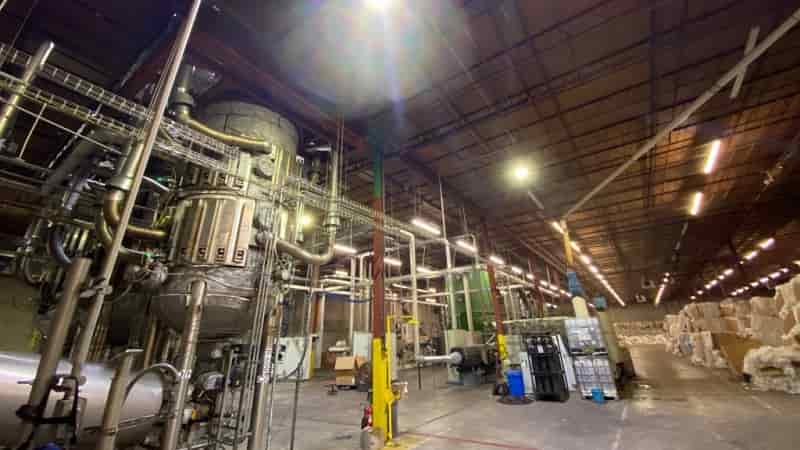
Dow announced today its plan to build the world’s first net-zero carbon emissions integrated ethylene cracker and derivatives site with respect to scope 1 and 2 carbon dioxide emissions. Waste to Virgin Plastics
The project would more than triple Dow’s ethylene and polyethylene capacity from its Fort Saskatchewan, Alberta site, while retrofitting the site’s existing assets to net-zero carbon emissions.
The organic, brownfield investment would significantly increase Dow’s capacity of advantaged ethylene, polyethylene and derivatives manufactured across Alberta – all while maintaining Dow’s enterprise-level commitment to keep capital expenditures at or below depreciation and amortization (D&A) levels.
The Company expects to allocate approximately $1 billion of capex annually – or approximately 1/3 of its D&A levels – to decarbonize its global asset base in a phased, site-by-site approach.
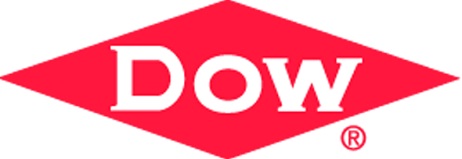
-A French company is using enzymes to recycle one of the most common single-use plastics
Since single-use plastics are largely derived from petroleum, by 2050 plastics could represent 20% of annual oil consumption in the world. Reducing our dependence on plastics and finding ways to reuse the plastic that is already in the world could greatly reduce emissions. Waste to Virgin Plastics
Right now, just about 15% of all plastics around the world they are collected for recycling every year. Researchers have been trying since the 1990s to find new ways to break down plastics in hopes of recycling more. Companies and researchers have worked to develop enzymatic processes, such as the one used in Carbios, as well as chemical processes, such as the method used by Loop Industries. But it was only recently that enzymatic and chemical processes began to be commercialized.
Carbios’s new reactor measures 20 cubic meters, about the size of a cargo van. It can hold two metric tons of plastic, or the equivalent of about 100,000 bottles ground at a time, and break it down into the basic components of PET (ethylene glycol and terephthalic acid) in 10 to 16 hours.
The company plans to use what it learns from the demonstration facility to build its first industrial plant, which will house a reactor about 20 times the size of the demonstration reactor. That large-scale plant will be built near a plastic manufacturer somewhere in Europe or the US, and should be operational by 2025, he says. Alain marty, Scientific Director of Carbios.
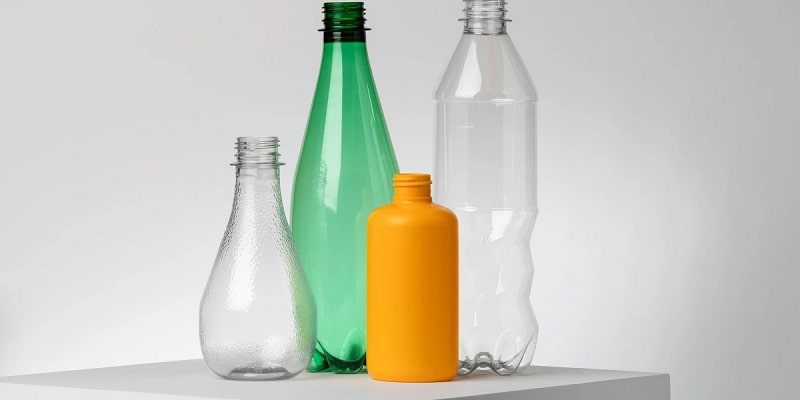
Recycled Polyethylene Terephthalate Demand to Rise by 2.1X Growth as Massive Capacity Expansion by Key Players Comes into Play
The recycled polyethylene terephthalate (R-PET) market study by Fact.MR offers compelling insights into key growth drivers and restraints impacting the market through 2031. The survey offers R-PET demand outlook and studies opportunities existing in key segments, including source and color. It also highlights strategies adopted by market players to increase R-PET sales.
As per the insights by Fact.MR, the global recycled polyethylene terephthalate (R-PET) market is projected to rise at a CAGR of 8%, totaling US$ 4.2 Bn by the end of 2031. Waste to Virgin Plastics
Consumer preference for sustainable and recyclable products is underpinning sales growth in the R-PET market. Therefore, the packaging industry has emerged as a lucrative sector within the R-PET market.
Fast-moving consumer goods (FMCG) manufacturers are adopting the bottle-to-bottle recycling approach, which, in turn, is boosting demand for PET bottles in the food and beverages industry. As per Fact.MR, the increasing application of P-PET for food and beverage packaging along with applications of recycled PET for surface protection films are projected to create incremental opportunity of US$ 532.5 Mn over the forecast period.
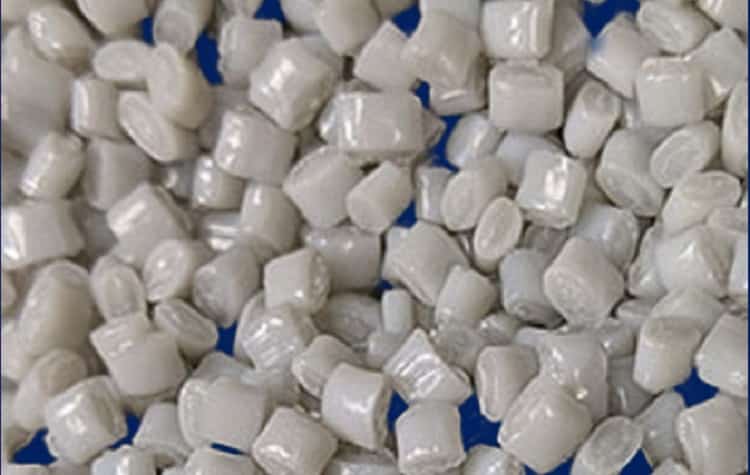
-Carbon fibers without carbon emissions?
Interview with Niklas Garoff, Stora Enso
Carbon fiber demand is increasing steadily at an annual growth rate of 10%. The ambition of Stora Enso and their partners is to provide industrial composite producers with a sustainable, yet cost-competitive, carbon fiber made from renewable and fossil-free materials.
Tell us about the wonder material carbon fiber. In what kind of applications are they used? Waste to Virgin Plastics
Carbon fiber is used in numerous composite applications where high strength and stiffness coupled with low weight is required, resulting in a variety of end-use possibilities. We see a growing interest for high performance carbon fiber in transportation, construction and power generation. Today, 20% of the global carbon fiber supply is used by the wind energy industry.
NeoFiber by Stora Enso can be used, for example, as wind energy rotor blade reinforcement (in pultruded laminates), in airplane and automotive construction, and in sporting goods.
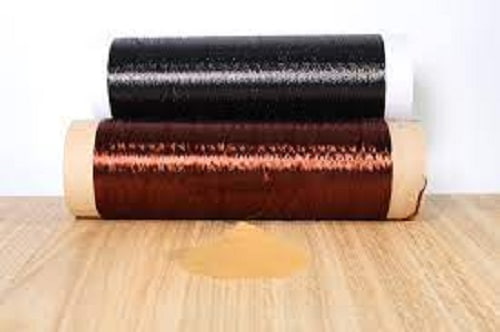
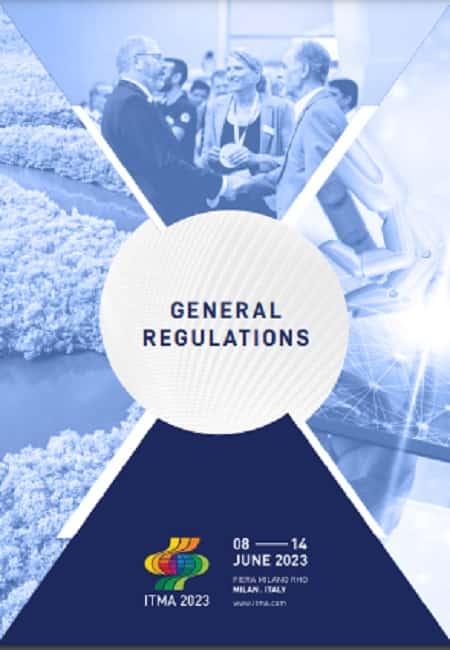
-PolyQuest Forms Renuva Plastics to Acquire Faith Group Company’s U.S. Division
-Faith Group USA will continue purchasing and distributing post-industrial thermoplastics—especially PET in the U.S., as well as domestically sourcing these products for the Faith Group Company to export. Waste to Virgin Plastics
Leading North American distributor of PET resins and manufacturer of recycled PET PolyQuest, Inc., has formed wholly-owned subsidiary Renuva Plastics, LLC, which will acquire the U.S. division of the Faith Group Company, based in New Jersey.
The Faith Group Company has been the premier distributor of post-industrial thermoplastics–especially PET, in the U.S. and the largest exporter of these products out of the U.S. to the rest of the world over the past quarter of a century. Faith Group USA will continue purchasing and distributing such thermoplastics in the U.S. as well as domestically sourcing these products for the Faith Group Company to export. Faith Group’s current facilities are in Hong Kong, China, Germany, and Chile.
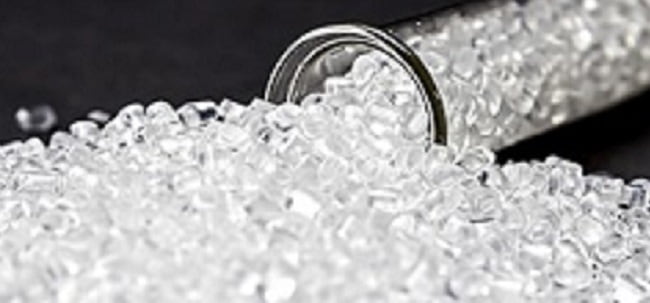
Dow today announced several advancements in its efforts to prevent plastic waste, reduce greenhouse gas emissions and provide customers with recycled plastic products that provide the same performance as virgin plastics derived from fossil fuel-based feedstocks. Waste to Virgin Plastics
The advancements will enable the Company to provide initial supply of fully circular polymers to customers starting in 2022.
“The market is placing significant value on circularity and Dow is innovating to address the tremendous unmet demand for circular and low carbon polymers,” said Diego Donoso, president of Dow Packaging & Specialty Plastics. “As the leading materials science company, Dow is offering our customers what they need today and helping them develop more sustainable products, including 100% recyclable solutions or adding recycled or bio-based content into their products.”
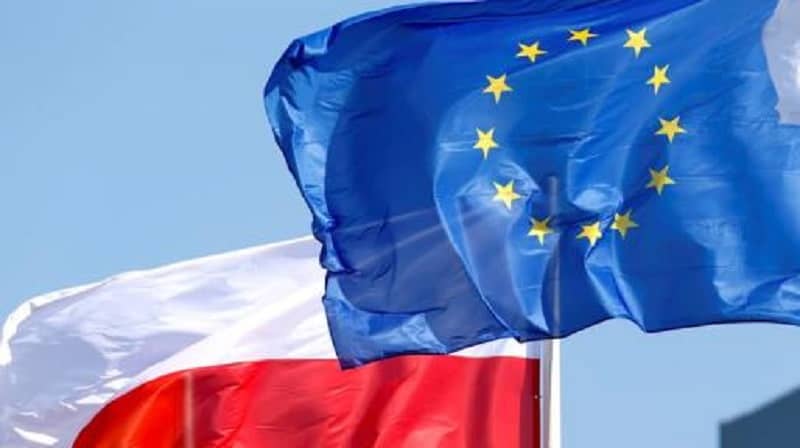
-Starlinger installs first food-grade plastics recycling facility at Srichakra Polyplast in India
The well-established Indian recycler commissioned a PET bottle-to-bottle and a post-consumer polyolefin recycling line from Starlinger by mid of September. With the new lines Srichakra Polyplast upgraded its facilities and now offers the highest grades of recycled plastics to customers in India and international markets such as Europe and the United States. Waste to Virgin Plastics
Srichakra Polyplast, a leading plastic recycling and waste management company based in in Hyderabad, invested US$10 million (€8.6 million) for upgrading and expanding its plastics recycling capabilities. The new recoSTAR PET 165 iV+ is the first of its kind Starlinger has installed in India. It features US FDA-approved technology for processing post-consumer PET bottle flakes. The produced rPET pellets are suitable for food-contact and can be used for food and beverage packaging like bottles for water and carbonated soft drinks, food trays, etc. With this technology upgrade Srichakra is now able to provide premium food-grade quality rPET for food packaging to the Indian and international markets.
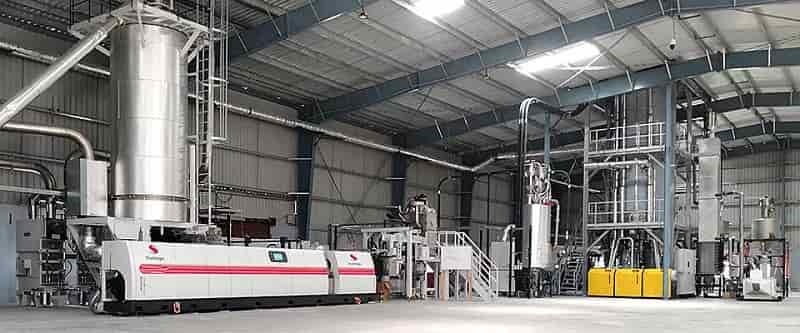
Waste to Virgin Plastics
